One of the main concerns in grassy agriculture is soil erosion. The constant grazing of livestock and the use of heavy machinery can cause soil erosion, which can lead to a decrease in soil fertility and crop yield.
Today I will share with you some of my favorite pictures, hope you like them.
Soil is a crucial component of agriculture, and its health and fertility play a significant role in the success of crops. In grassy areas, the soil must be carefully managed to ensure the long-term health and productivity of the land.
One of the main concerns in grassy agriculture is soil erosion. The constant grazing of livestock and the use of heavy machinery can cause soil erosion, which can lead to a decrease in soil fertility and crop yield. To prevent soil erosion, farmers must implement soil conservation practices, such as the use of cover crops, reduced tillage, and contour plowing.
In addition, soil fertility is essential for crop growth in grassy agriculture. The use of natural fertilizers, such as compost and manure, can help to improve soil fertility and promote healthy crop growth. Farmers must also be careful not to overuse synthetic fertilizers, which can lead to soil depletion and contamination of groundwater.
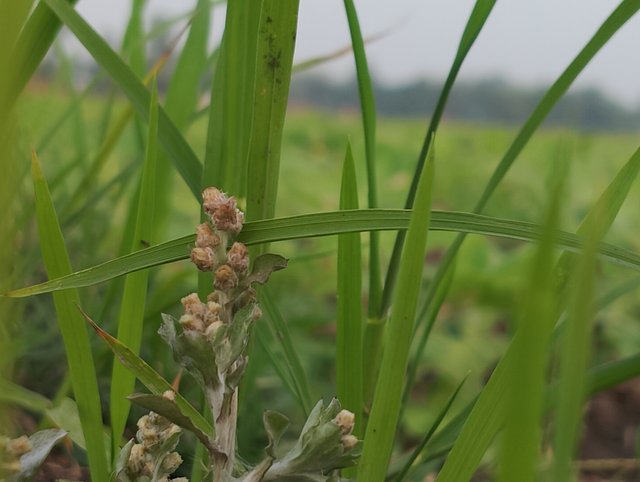
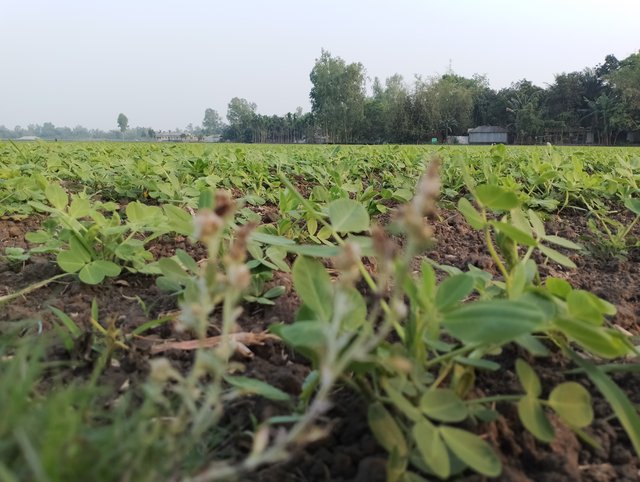
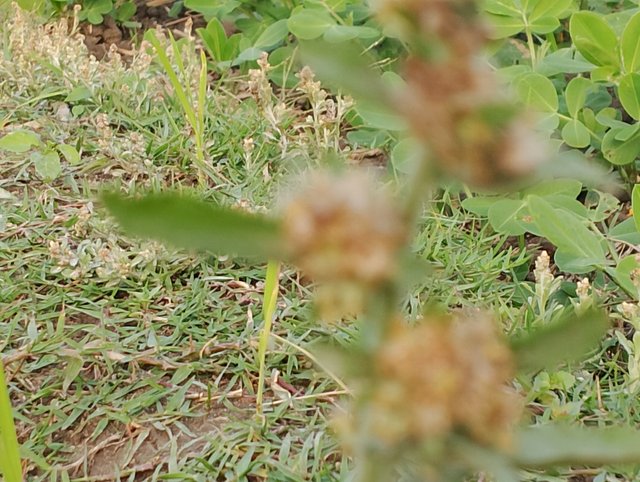
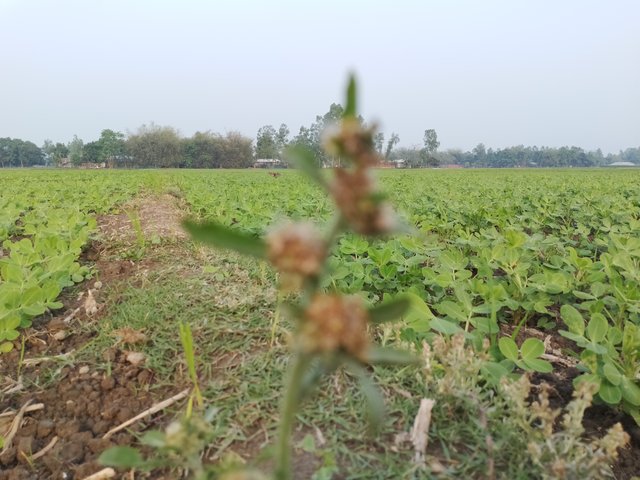
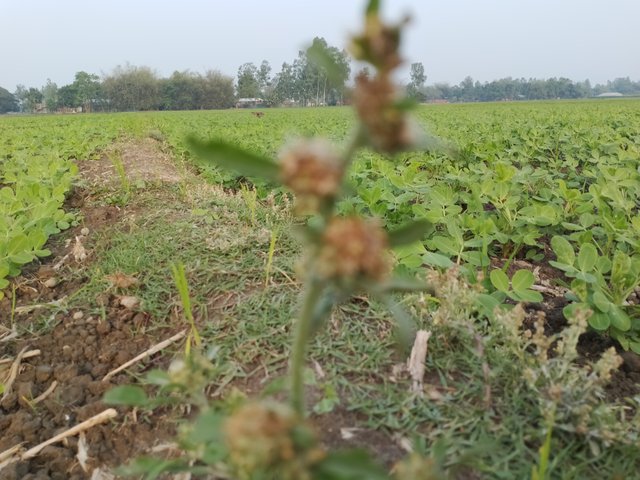
Another factor to consider in grassy agriculture is soil compaction. Heavy machinery, such as tractors and harvesters, can compact the soil, making it difficult for plant roots to penetrate and access nutrients. To prevent soil compaction, farmers can use lighter equipment and implement controlled grazing practices to reduce the impact of livestock on the land.
Furthermore, soil pH levels must be monitored in grassy agriculture. Grasses prefer a slightly acidic soil, with a pH level between 6.0 and 7.0. Farmers can use lime or sulfur to adjust soil pH levels, ensuring that the soil is at its optimal pH for healthy crop growth.
In conclusion, soil is a vital component of grassy agriculture, and farmers must take care to manage and maintain its health and fertility. By implementing soil conservation practices, using natural fertilizers, preventing soil compaction, and monitoring soil pH levels, farmers can ensure the long-term productivity and sustainability of their land.